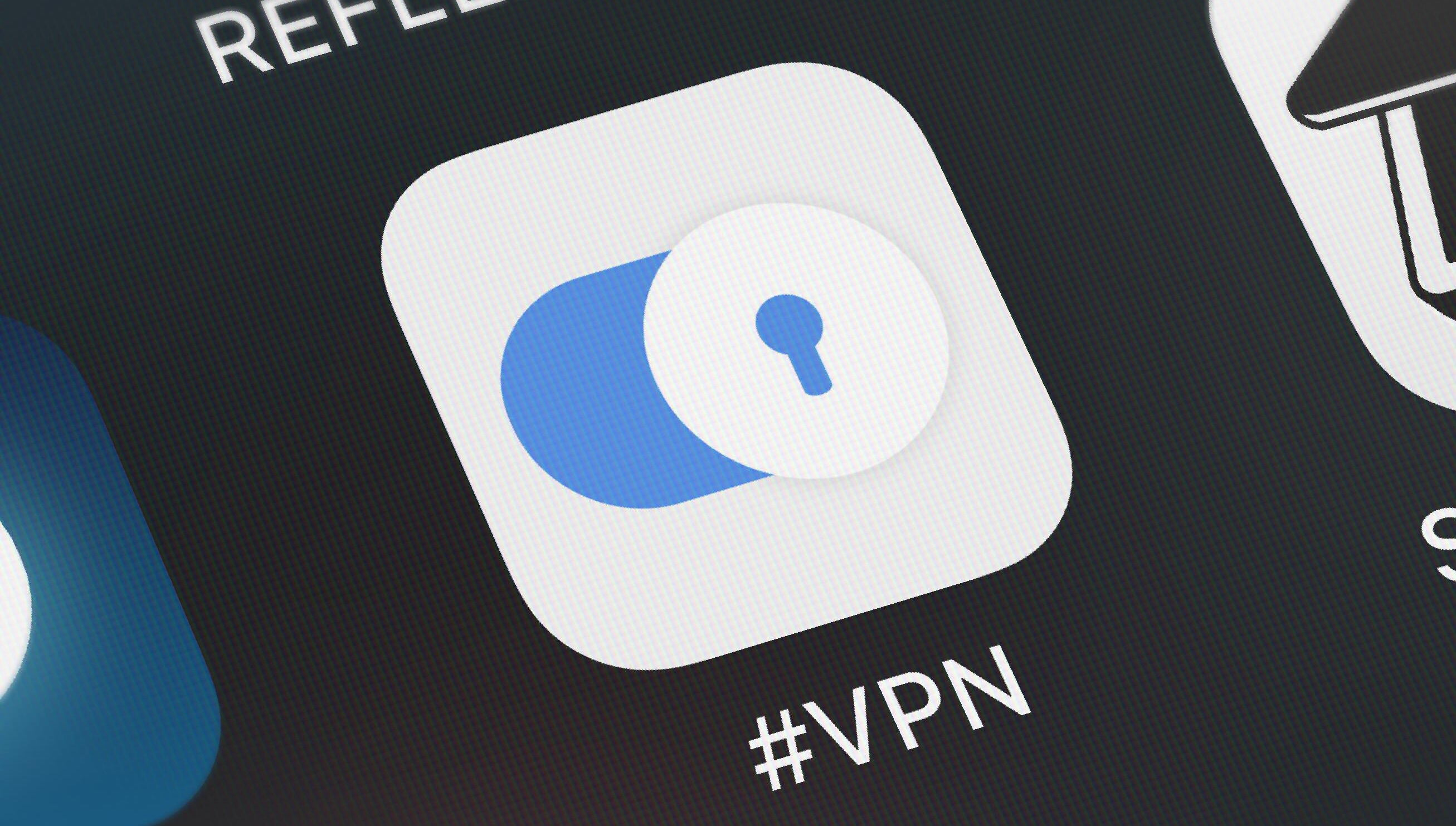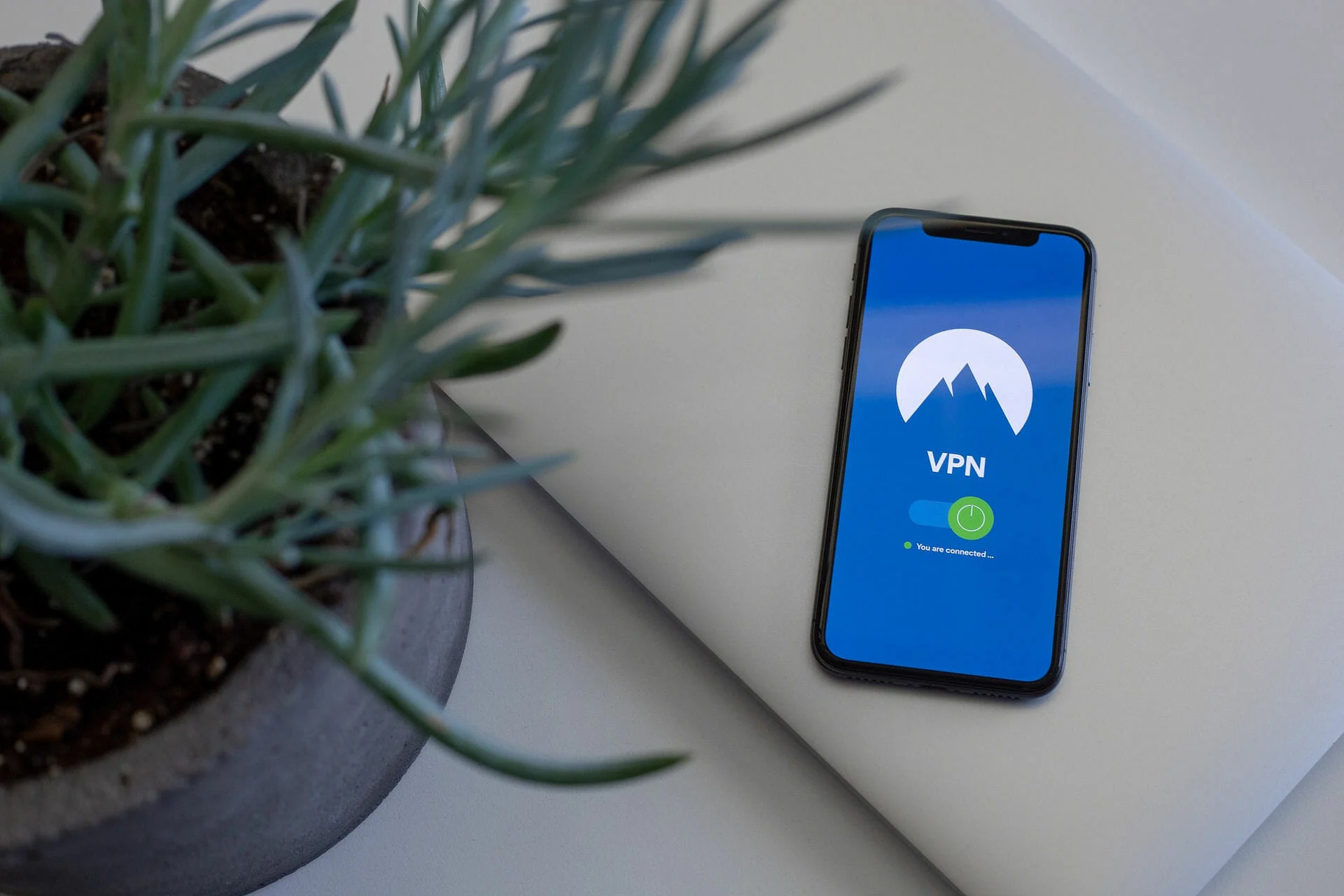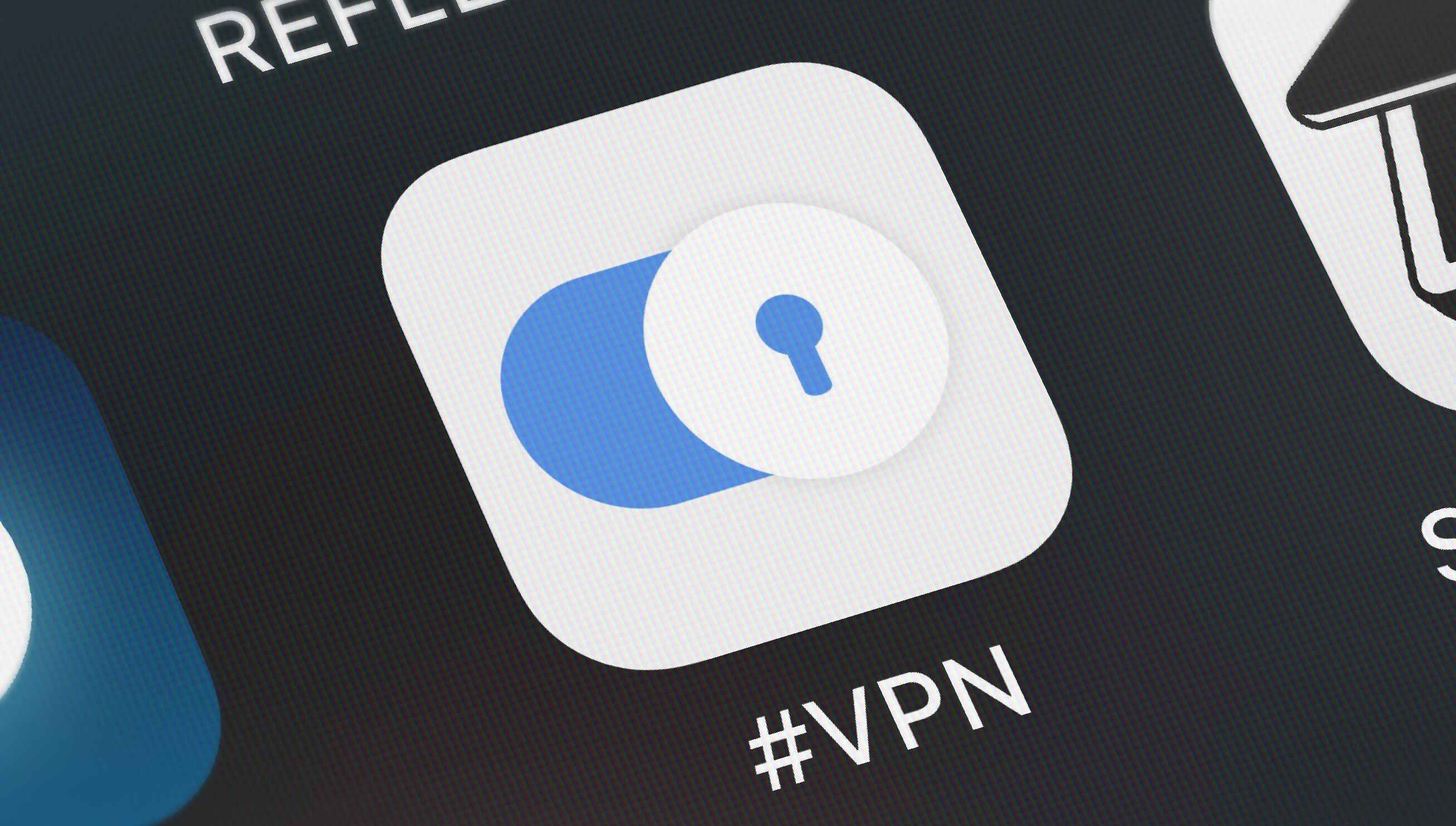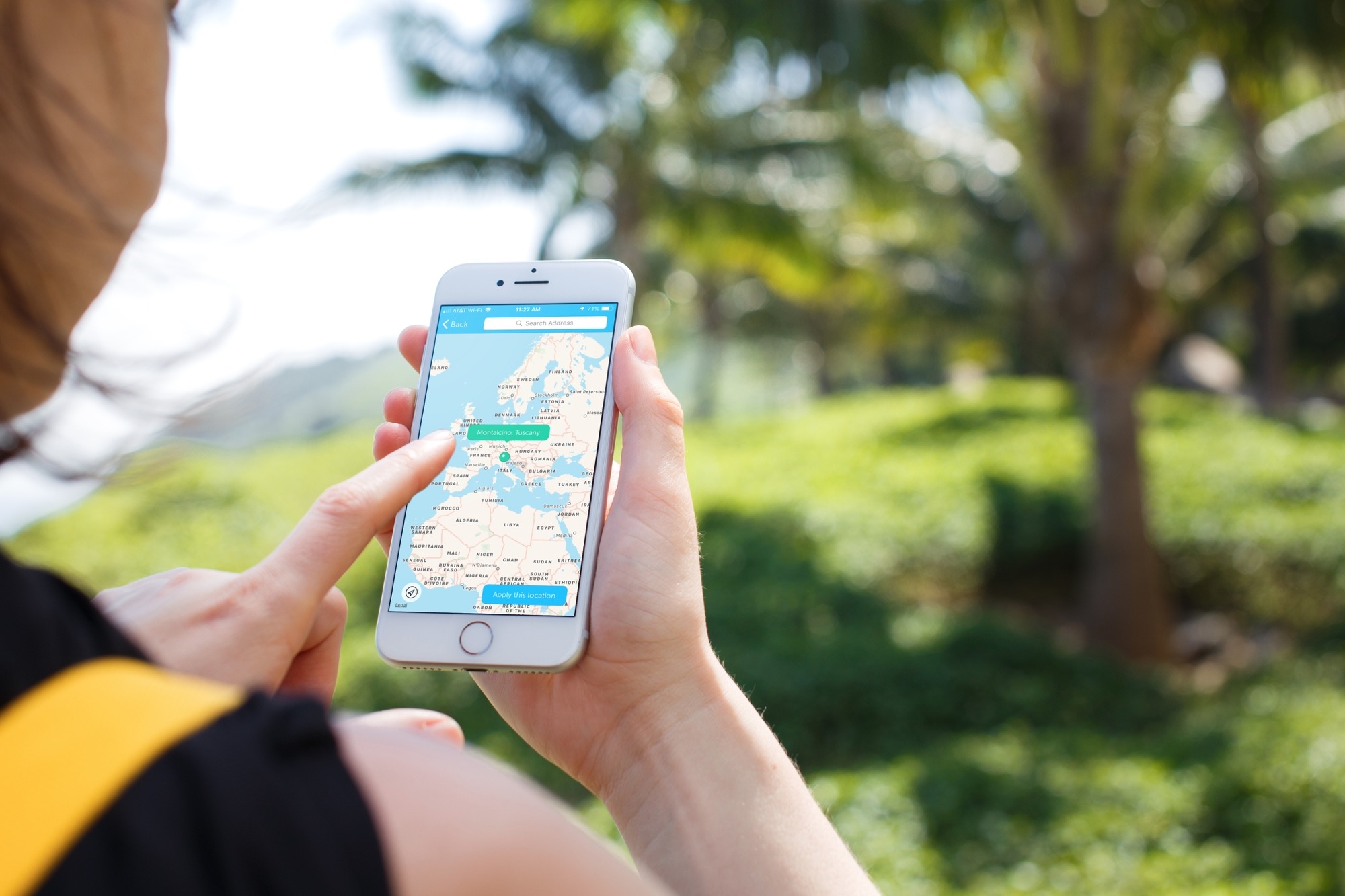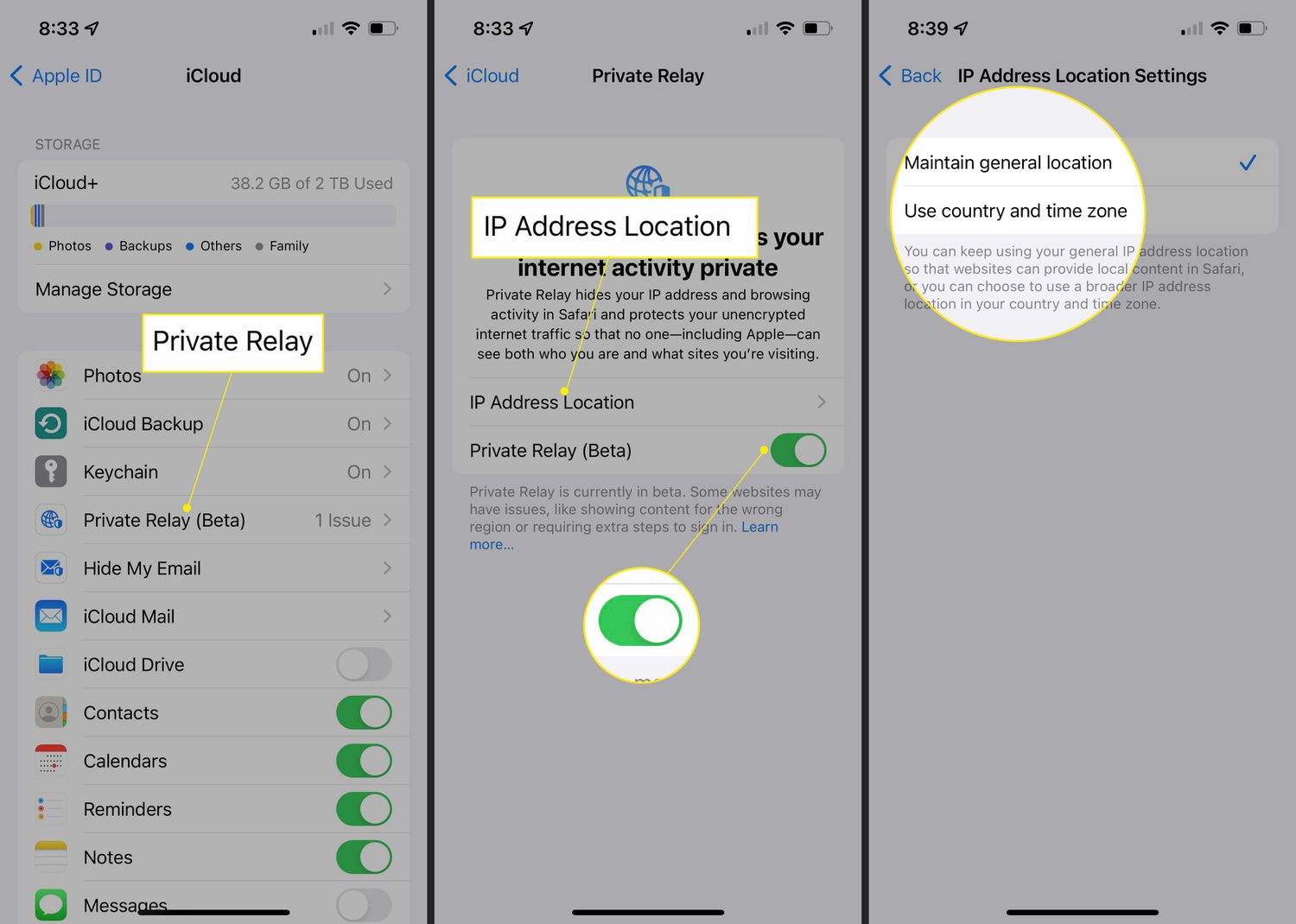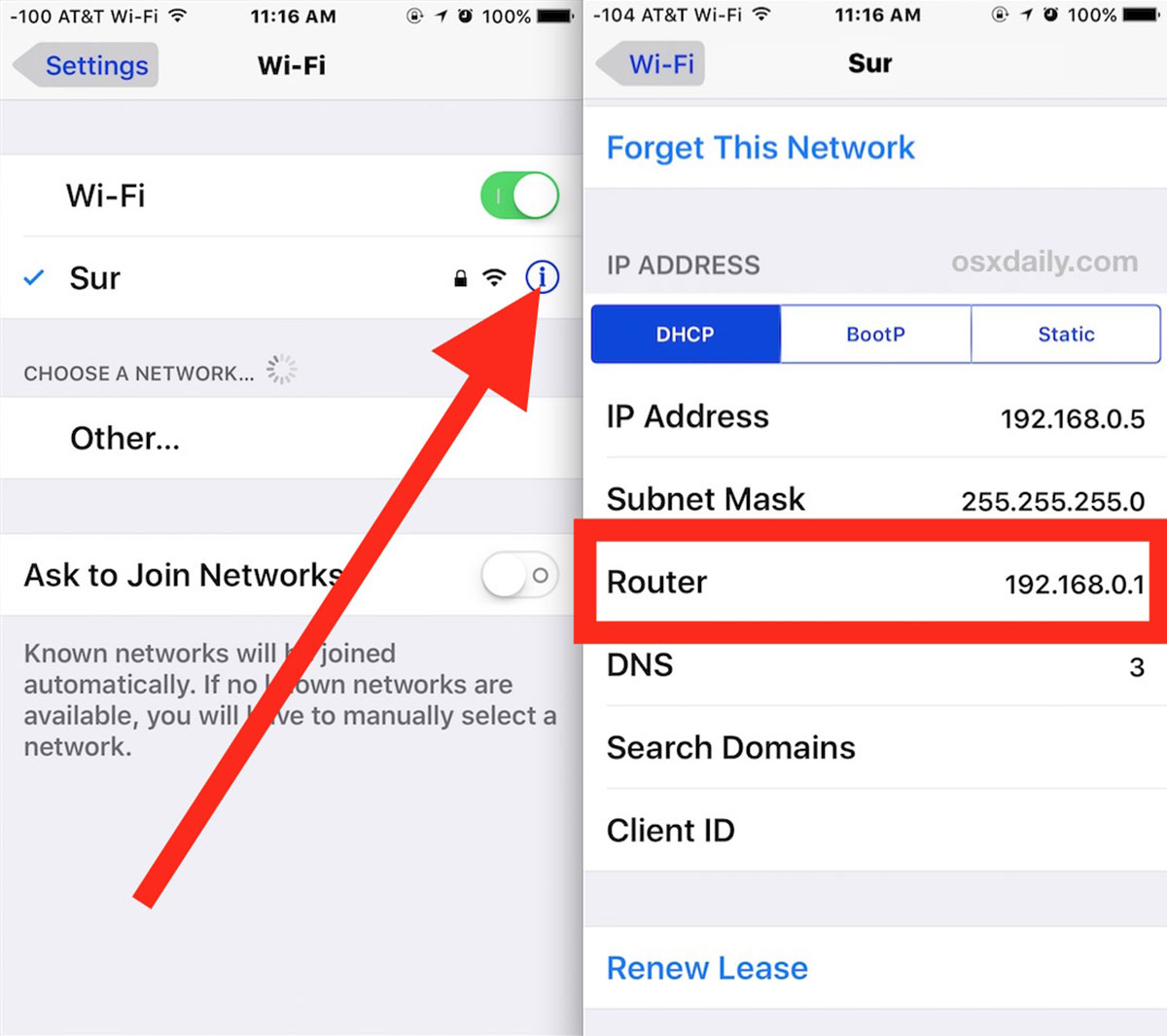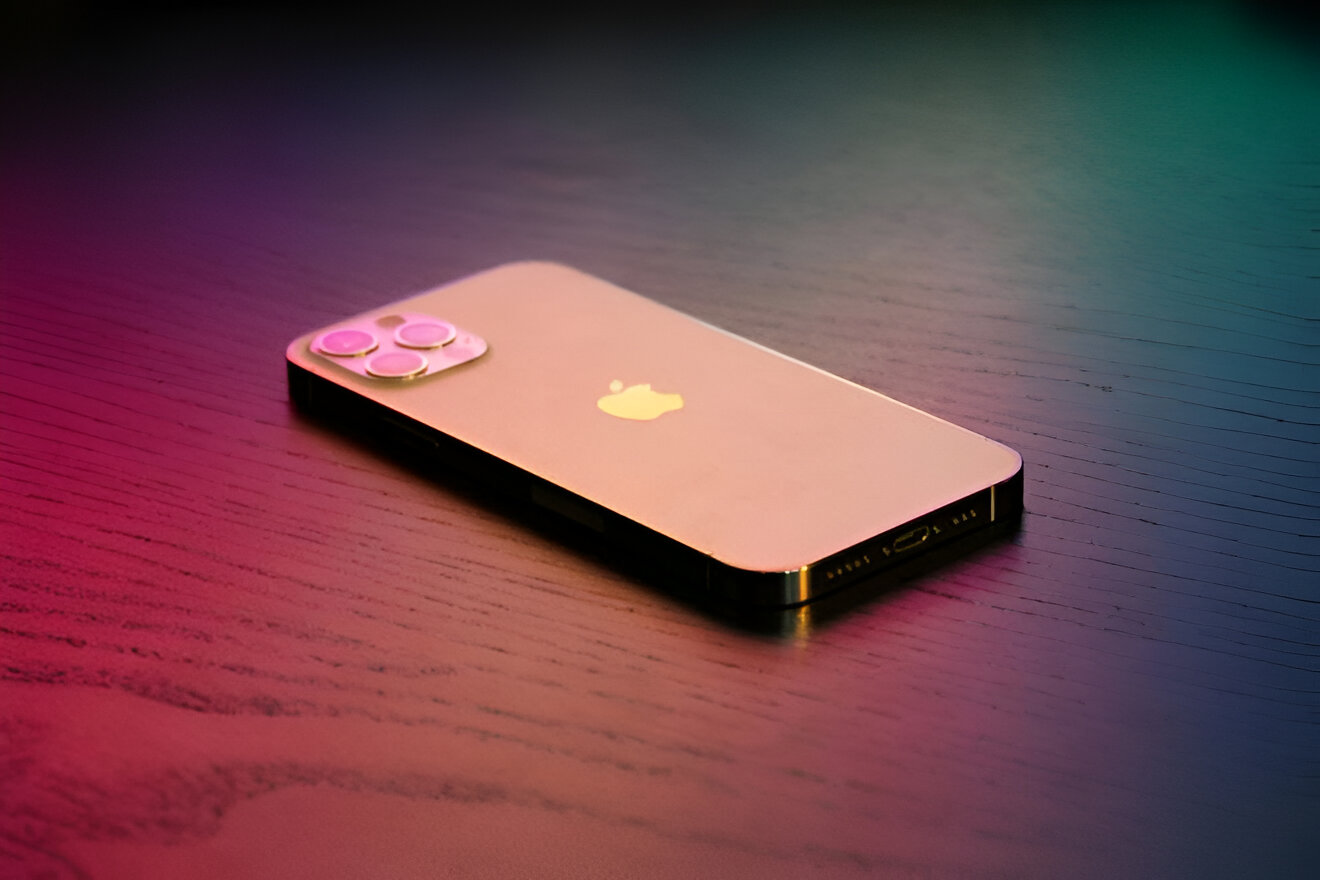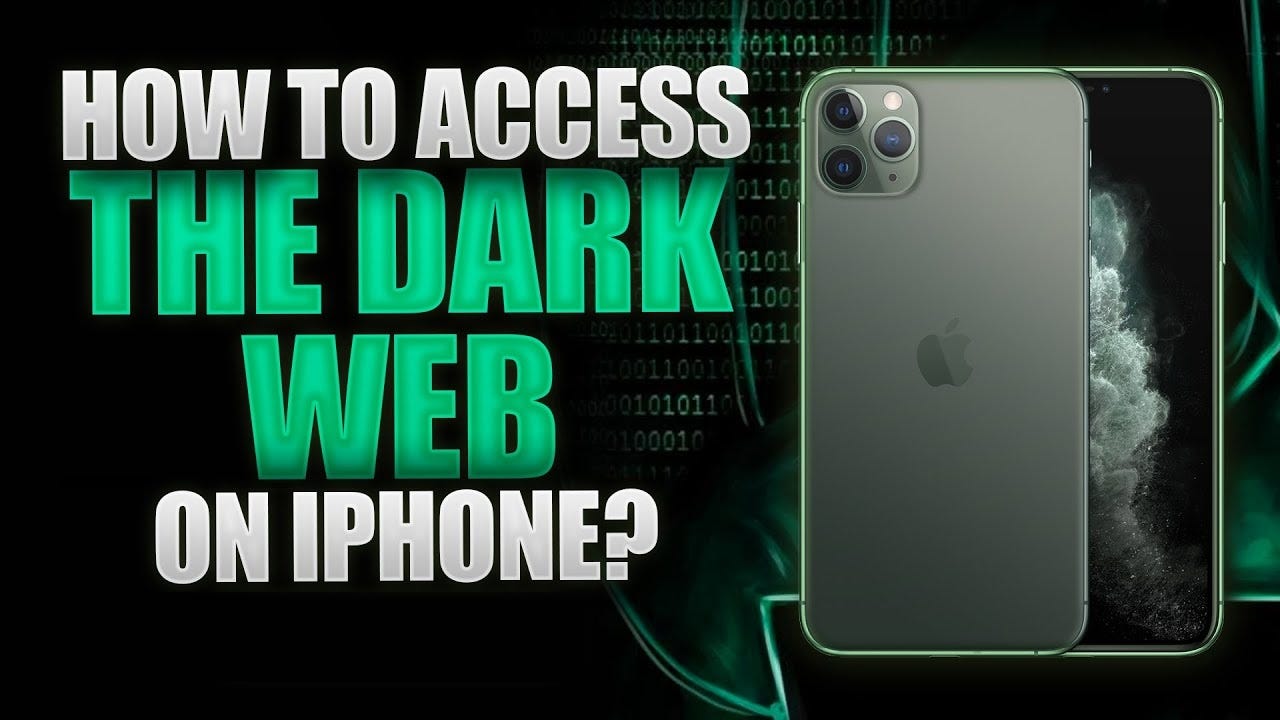What Is VPN?
A Virtual Private Network (VPN) is a technology that provides a secure and private connection between your device and the internet. It creates a virtual encrypted tunnel to protect your data and online activities, making it difficult for anyone to intercept or view your information. VPNs are commonly used to enhance privacy, security, and anonymity while browsing the web, especially on public Wi-Fi networks.
When you connect to a VPN, your internet traffic is routed through a remote server provided by the VPN service. This server acts as a middleman between your device and the websites or online services you access. As a result, your IP address is masked, making it appear as if you are browsing from a different location.
VPN technology uses various encryption protocols, such as OpenVPN, IPSec, or L2TP/IPSec, to safeguard your data. This means that even if someone manages to intercept your connection, they won’t be able to decipher the encrypted information.
Furthermore, VPNs offer additional security features, such as DNS leak protection and a kill switch. DNS leak protection ensures that your DNS queries are not exposed, while a kill switch automatically disconnects your internet connection if the VPN connection drops, preventing your data from being exposed without protection.
Overall, VPNs provide a layer of privacy and security to your online activities by encrypting your data and hiding your real IP address. They can be used for various purposes, including:
- Bypassing geographical restrictions: With a VPN, you can access region-restricted content by connecting to a server in the desired location.
- Protecting your personal information: VPNs encrypt your data, making it much harder for hackers to steal your sensitive information.
- Securing public Wi-Fi connections: When using public Wi-Fi networks, VPNs ensure that your data is encrypted and protected from potential eavesdropping.
- Anonymity and privacy: VPNs mask your IP address, making it difficult for websites, advertisers, or even your Internet Service Provider (ISP) to track your online activities.
How Does VPN Work?
VPN works by establishing a secure and encrypted connection between your device and a remote server operated by the VPN provider. When you connect to a VPN server, your internet traffic is routed through this server, creating a virtual tunnel for your data to travel through.
Here’s a step-by-step breakdown of how VPN works:
- Encryption: When you initiate a VPN connection, your device encrypts your data using complex algorithms. This encryption ensures that even if someone intercepts your data, they won’t be able to decipher its contents.
- Tunneling: Once your data is encrypted, it is encapsulated in a secure tunnel. This tunnel is created between your device and the VPN server, protecting your information from being accessed by unauthorized parties.
- VPN Server: Your encrypted data is then sent to the VPN server you’re connected to. The server acts as an intermediary between your device and the websites or online services you’re accessing.
- Website Access: When the data reaches the VPN server, it is decrypted and forwarded to the appropriate website or online service. From the perspective of these websites, it appears as if the data is coming from the VPN server rather than your device, masking your true IP address.
- Response: Similarly, when the website or online service sends a response back to your device, it goes through the VPN server. The server encrypts the response and sends it back to you through the secure tunnel.
- Decryption: Finally, when the encrypted response reaches your device, it is decrypted to reveal the requested information or webpage. This entire process happens seamlessly and quickly, providing you with a secure and private browsing experience.
It’s important to note that not all VPNs are the same. The reliability, speed, and security of a VPN service can vary depending on the provider. Therefore, it’s crucial to choose a reputable VPN service that offers strong encryption, a wide range of server locations, and transparent privacy policies.
In summary, VPN works by establishing an encrypted tunnel that protects your data and online activities from prying eyes. It allows you to browse the web securely, access geo-restricted content, and maintain your privacy and anonymity online.
Benefits of Using VPN on iPhone
Using a VPN on your iPhone offers several important benefits that can greatly enhance your online experience. Here are some of the key advantages:
- Enhanced Security: By encrypting your internet traffic and routing it through a secure tunnel, a VPN provides an extra layer of security for your iPhone. This protects your sensitive data, such as passwords, banking information, and personal details, from hackers and other malicious entities.
- Privacy Protection: VPNs help safeguard your privacy by hiding your IP address and making it difficult for websites and online services to track your online activities. This prevents advertisers, data brokers, and even your ISP from monitoring and collecting your browsing data.
- Access to Geo-Restricted Content: Many websites and streaming platforms have geo-restrictions that limit access to certain content based on your location. With a VPN, you can bypass these restrictions by connecting to a server in a different country. This allows you to access a wider range of content, such as streaming services, social media platforms, and news websites.
- Public Wi-Fi Security: Public Wi-Fi networks are often unsecure and can be vulnerable to cyber attacks. Using a VPN on your iPhone ensures that all your internet traffic is encrypted, protecting your data from being intercepted by hackers and ensuring your online activities remain private, even while connected to public Wi-Fi.
- Preventing Bandwidth Throttling: Internet service providers (ISPs) sometimes deliberately slow down the internet connection of certain users or for specific types of content. This is known as bandwidth throttling. By using a VPN, you can prevent your ISP from throttling your connection, ensuring that you get consistent and uninterrupted internet speeds.
- Anonymous Torrenting: If you engage in P2P file sharing or torrenting, using a VPN on your iPhone can help protect your identity and activities from being monitored by copyright holders or government agencies. The VPN masks your IP address, making it difficult for anyone to trace the torrent activity back to you.
Overall, incorporating a VPN into your iPhone usage provides you with increased security, privacy, and access to a global online experience. It keeps your personal information safe, allows you to explore content without restrictions, and ensures your online activities remain private, regardless of where you connect.
Setting Up VPN on iPhone
Setting up a VPN on your iPhone is a straightforward process that can be completed in just a few steps. Whether you’re using a VPN service or setting up your own VPN server, here’s how you can get started:
- Choose a VPN Provider: Start by selecting a reliable VPN provider that offers a user-friendly app and a wide network of servers. Some popular VPN services for iPhone include ExpressVPN, NordVPN, and CyberGhost. Make sure to choose a service that suits your needs and offers strong security features.
- Download and Install the VPN App: Once you’ve chosen a VPN provider, visit the App Store and download their VPN app for iPhone. Install the app on your device and launch it when ready.
- Create an Account: If you’re using a VPN service, you may need to create an account with them. Follow the instructions provided by the app or the VPN provider’s website to set up your account.
- Configure VPN Settings: Open the VPN app on your iPhone and navigate to the settings menu. Here, you may have options to customize your VPN connection, such as choosing a server location or enabling additional security features like kill switch or DNS leak protection. Adjust these settings according to your preferences.
- Connect to a VPN Server: Tap on the “Connect” or similar button within the VPN app to initiate the VPN connection. The app will establish a secure connection to the chosen server and your iPhone will now be protected by the VPN.
- Verify the Connection: Once connected, you can verify that your iPhone is using the VPN by checking the VPN status in the status bar at the top of your screen. You should see a VPN icon indicating that the connection is active.
- Disconnect or Reconnect: When you’re finished using the VPN, or if you want to change the server location, you can disconnect from the VPN by tapping the “Disconnect” or similar button in the app. To reconnect, simply tap the “Connect” button again.
It’s important to note that the specific steps and settings may vary slightly depending on the VPN service you choose. Some VPN providers may offer manual configuration options if you prefer to set up your own VPN server.
By following these steps, you can easily set up and start using a VPN on your iPhone. A VPN will provide you with enhanced security and privacy, allowing you to browse the internet with peace of mind.
Recommended VPN Apps for iPhone
When it comes to choosing a VPN app for your iPhone, there are several reliable options available in the App Store. Each app offers its own unique features and benefits. Here are a few recommended VPN apps for iPhone:
- ExpressVPN: ExpressVPN is a popular choice for iPhone users due to its exceptional speed, strong encryption, and a large network of servers spread across multiple locations. The app offers a user-friendly interface and advanced features such as a built-in kill switch for added security.
- NordVPN: NordVPN is known for its robust security features and extensive server network. The app provides double VPN encryption, protecting your data with an extra layer of security. NordVPN also offers a user-friendly interface and a selection of specialized servers for specific needs, such as streaming or torrenting.
- CyberGhost: CyberGhost is a user-friendly VPN app that offers a wide range of server locations and strong encryption. It provides specialized servers for streaming and torrenting, making it a great choice for accessing geo-restricted content on your iPhone. CyberGhost also offers additional privacy features like automatic HTTPS redirection and ad-blocking.
- Surfshark: Surfshark is a budget-friendly VPN app that doesn’t compromise on performance and security. It offers unlimited simultaneous connections, allowing you to protect multiple devices with a single subscription. Surfshark also provides features like CleanWeb, which blocks ads, trackers, and malware.
- Private Internet Access (PIA): PIA is a reliable VPN app that focuses on privacy and security. It offers strong encryption, support for multiple VPN protocols, and a strict no-logs policy. PIA also includes features like ad-blocking and malware protection to enhance your browsing experience on your iPhone.
These are just a few of the recommended VPN apps available for iPhone. It’s important to consider your specific needs, such as speed, server locations, and additional features, when choosing a VPN app. You can compare the features and pricing of these apps to find the one that best suits your requirements.
Remember to read user reviews and take advantage of free trials or money-back guarantees offered by VPN providers. This allows you to test the app and ensure it meets your expectations before committing to a long-term subscription.
By using a reliable VPN app on your iPhone, you can enjoy enhanced security, privacy, and access to a global network of servers, ensuring a safe and unrestricted browsing experience.
Tips for Using VPN on iPhone
Using a VPN on your iPhone can significantly enhance your online security and privacy. Here are some helpful tips to ensure you make the most out of your VPN experience:
- Choose a Reputable VPN Provider: Select a trusted VPN service that has a strong track record of maintaining user privacy and security. Look for providers that have a no-logs policy and are transparent about their data handling practices.
- Connect to the Nearest Server: For optimal speed and performance, connect to a VPN server that is nearest to your actual location. This will help minimize latency and ensure faster browsing and streaming speeds.
- Enable Automatic VPN Connection: Many VPN apps offer the option to automatically connect to the VPN when your iPhone connects to Wi-Fi networks. This feature can ensure that you are always protected and don’t forget to enable the VPN manually.
- Use Public Wi-Fi with Caution: Public Wi-Fi networks are notorious for their lack of security. Always use a VPN when connected to public Wi-Fi to encrypt your data and protect yourself from potential eavesdropping and data theft.
- Keep VPN App Updated: Regularly update your VPN app to the latest version to ensure you have the latest security patches and bug fixes. This helps maintain the integrity of your VPN connection and keeps your data protected.
- Test for IP Leaks: Periodically test your VPN connection for IP leaks to ensure that your real IP address is not inadvertently exposed. There are various online tools and websites available that can help you detect any potential IP leaks.
- Experiment with Different Server Locations: If you encounter slow speeds or have trouble accessing certain websites or services, try connecting to different VPN server locations. Sometimes, specific servers may have better performance depending on your location and the website you’re accessing.
- Use Split Tunneling (If Supported): Some VPN apps offer a split tunneling feature that allows you to choose which apps or websites should bypass the VPN connection. This can be useful if you only want to secure certain online activities and allow others to use your regular internet connection.
- Be Aware of Local Laws and Regulations: If you travel internationally, be aware of local laws regarding VPN usage. Some countries have stricter regulations and may impose restrictions on VPN usage. Familiarize yourself with these regulations to avoid any legal complications.
- Disconnect When Not in Use: When you’re not actively using the internet or don’t require the VPN, disconnect from the VPN to conserve battery life and ensure that your regular internet connection is not affected.
By following these tips, you can maximize the benefits of using a VPN on your iPhone. VPNs provide a crucial layer of security and privacy in today’s digital world, and with these recommendations in mind, you can browse the internet with peace of mind while protecting your sensitive data.
Conclusion
Using a VPN on your iPhone can greatly enhance your online security, privacy, and browsing experience. VPNs create a secure and encrypted connection between your device and the internet, protecting your data from prying eyes and allowing you to access content that may be restricted based on your location.
Throughout this article, we have explored what a VPN is, how it works, and the benefits of using a VPN on your iPhone. We discussed the importance of choosing a reputable VPN provider, setting up a VPN on your iPhone, recommended VPN apps, and provided tips for using a VPN effectively.
By encrypting your internet traffic and masking your IP address, a VPN ensures that your online activities remain private and secure, even while connected to public Wi-Fi networks. It allows you to bypass geographical restrictions, protect your personal information, and maintain anonymity while browsing the web.
When setting up a VPN on your iPhone, make sure to choose a reliable VPN provider and follow the recommended steps to configure and connect to a VPN server. It’s important to stay up to date with the latest VPN app versions and periodically test for IP leaks to ensure the integrity of your VPN connection.
Remember to consider your specific needs, such as server locations, speed, and additional features, when choosing a VPN app for your iPhone. Several trustworthy VPN apps, such as ExpressVPN, NordVPN, CyberGhost, Surfshark, and Private Internet Access (PIA), are available for iPhone users.
In summary, incorporating a VPN into your iPhone usage provides you with enhanced security, privacy, and access to a global online experience. It allows you to browse the web with peace of mind, access geo-restricted content, and protect your personal information from third-party entities.
Start using a VPN on your iPhone today and enjoy a safer and more private online journey!









